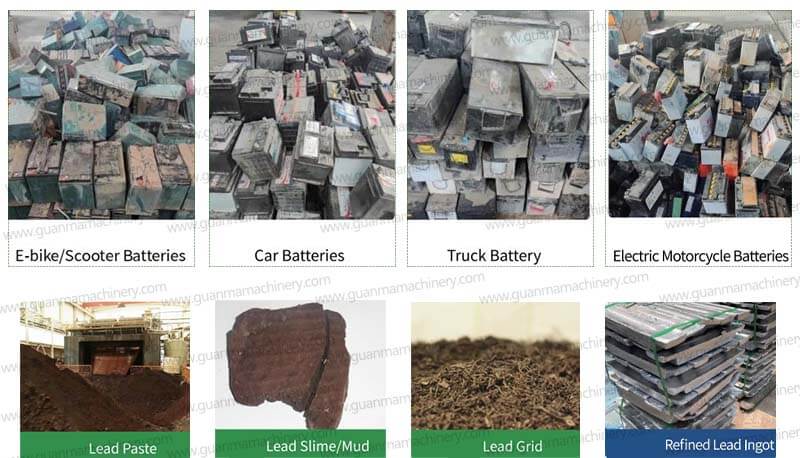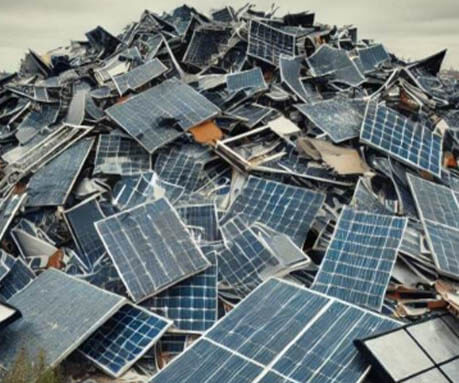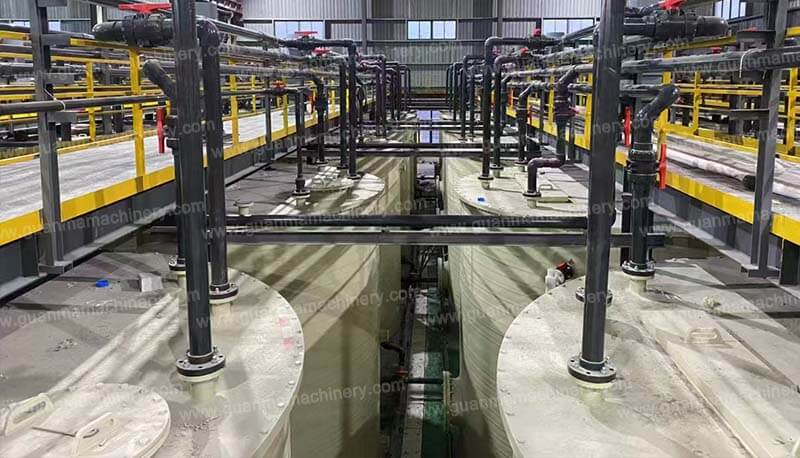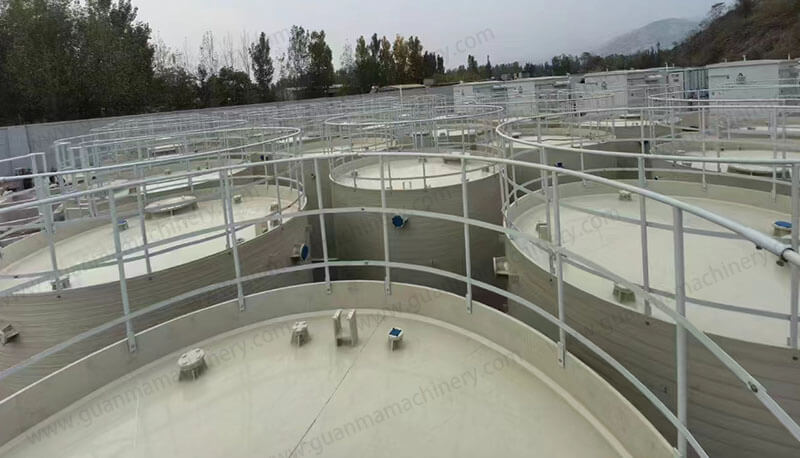Uncover the Battery Black Matter Recycling Cost, exploring the financial aspects of transforming spent lithium-ion batteries into valuable resources through hydrometallurgy. Learn about the process, pricing, and the role of leading black mass recycling companies in optimizing cost-efficiency.
Battery black mass, a term that encapsulates the finely ground mixture of metals derived from spent lithium-ion batteries, holds immense value for recycling enterprises. But how much does it truly cost to recycle this complex material? Let’s explore the Battery Black Mass Recycling Process, the price dynamics, and the role of hydrometallurgy in making black mass recycling not just feasible but economically viable.
The Intricacies of Battery Black Mass Recycling Process
Recycling battery black mass isn’t merely about collecting and selling. It involves a series of sophisticated steps, starting with the disassembly of spent lithium-ion batteries. Once the batteries are safely discharged, they undergo a shredding process that breaks them down into smaller pieces. These pieces are then subjected to a grinding process, which turns them into a fine powder known as black mass.
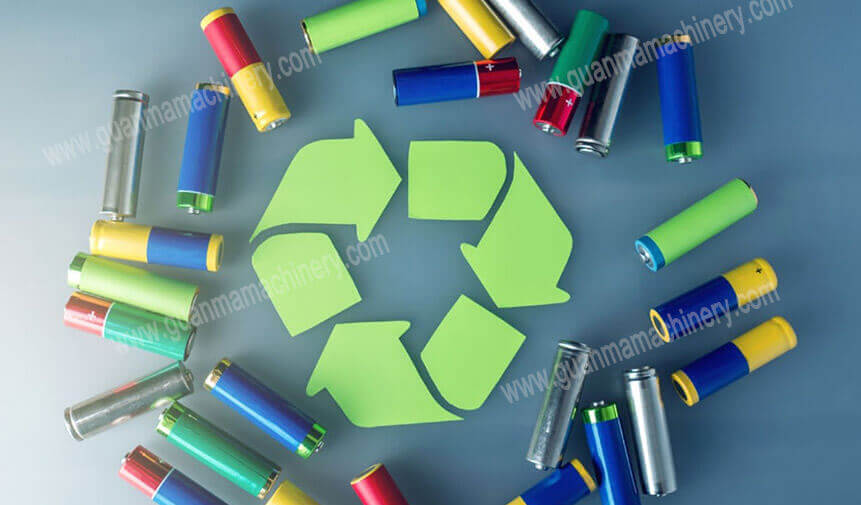
The Role of Hydrometallurgy in Black Mass Recycling
Hydrometallurgy plays a pivotal role in the battery black mass recycling process. This technique uses aqueous solutions to leach valuable metals like lithium, cobalt, nickel, and manganese from the black mass powder. The process is cleaner and more efficient than traditional pyrometallurgical methods, making it a preferred choice for black mass recycling companies.
Battery Black Mass Price: Factors at Play
The price of battery black mass can fluctuate significantly depending on several factors. Market demand for lithium-ion battery materials, the quality of the black mass (including metal content), and the cost of the recycling process all contribute to the final price. Recyclers must balance the costs of processing against the revenue generated from selling the extracted metals.
Black Mass Recycling Companies
Several companies specialize in black mass battery recycling powder, leveraging advanced technologies to maximize efficiency and profitability. These companies not only recycle black mass but also refine it to produce high-purity metals, which are then sold back to manufacturers for reuse in new batteries.
The Cost-Benefit Analysis of Battery Black Matter Recycling
While the initial investment in battery black matter recycling might seem steep, the potential returns are equally significant. By recycling black mass, companies can recover valuable metals that would otherwise be lost, reducing the need for virgin mining and lowering the environmental impact. Moreover, the growing demand for lithium-ion batteries ensures a steady supply of spent batteries, providing a reliable source of black mass for recycling.
Battery black matter recycling is not just a business opportunity; it’s an investment in a sustainable future. By understanding the process, the costs involved, and the potential rewards, stakeholders can make informed decisions that benefit both the environment and their bottom line.

